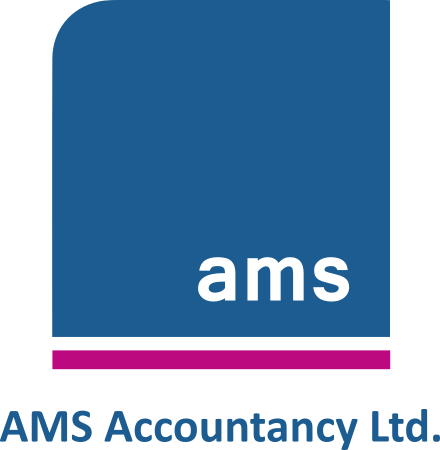If you are Not UK resident for tax purposes, then you don’t need to pay UK income tax on your overseas earnings. But the rules for deciding whether or not you are UK resident are rather complicated: You must consider, in order: also see HMRC Guidance notes
- The 183 day rule. If you spend more than 183 days in the UK in a tax year then you are definitely UK resident. If not, you consider the Automatic Overseas tests;
- The Automatic Overseas tests. If you pass one of these three tests, you are definitely Not UK resident for the tax year. One of the tests broadly says if you worked overseas all year, and spent less than 91 days in the UK, and worked in the UK for less than 31 days, then you are Not UK resident. If you don’t pass one of the three tests, you must consider the 2nd and 3rd Automatic UK tests;
- The 2nd and 3rd Automatic UK tests. These are complicated rules related to having a home in the UK; and working in the UK. If you pass one of these, you are UK resident. If not, you must consider your ties to the UK;
The sufficient ties test. Finally, if none of the above give clear-cut answers, you must consider the days spent in the UK and your ties to the UK (home; family; job) and your resident status in previous years. This will then dictate your resident status
